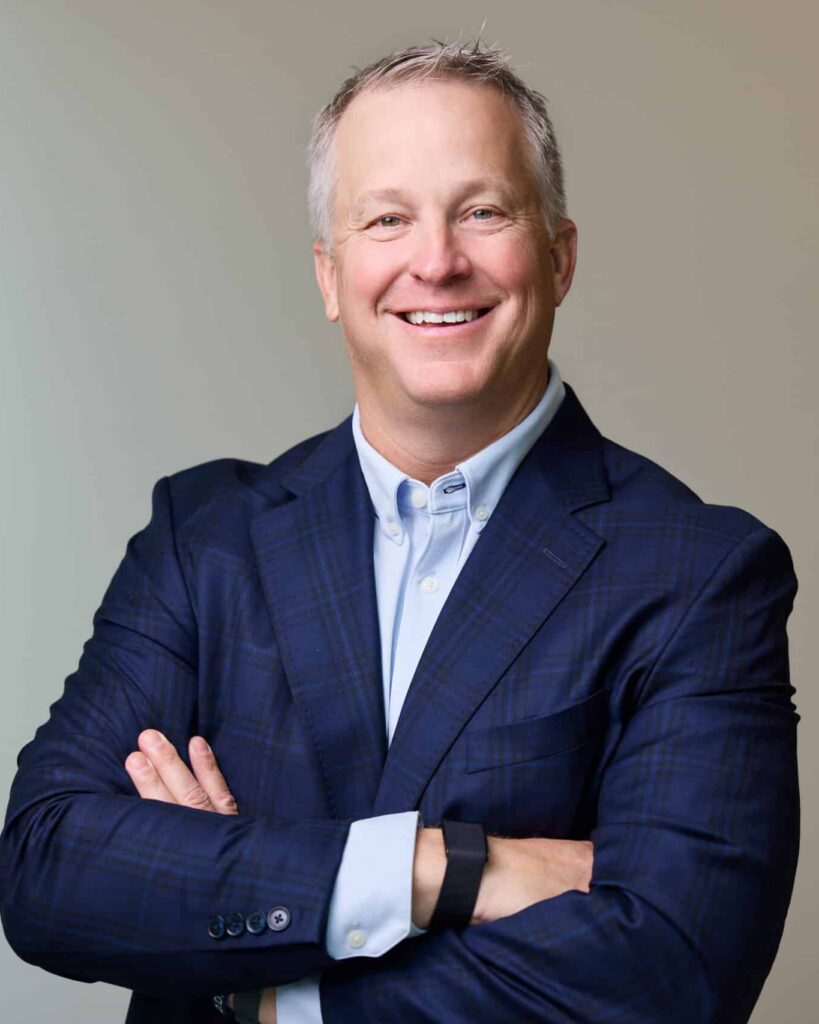Thanks to terms like “trust fund kid,” it’s commonly mistaken that trusts are exclusively for the wealthy. Not unlike other areas of the financial industry, what seems like an exclusive club on the outside is actually just a handy tool. Most are unsure, though, how a trust works, how it will benefit them, and why they should pay to form a trust—especially if they already have a will.
Those uncertainties are valid. Trusts have long been a misunderstood part of financial planning. However, with the right research and guidance, trusts can offer several benefits to those planning their estate. In this article, we’ll explore what a trust is and why you might consider it as part of your financial strategy.
What Is a Trust?
A trust stands as its own legal entity. It’s a fiduciary agreement that allows you to be very specific about how you distribute your assets after your passing. The aspect of a trust that helps to protect your assets: a third-party trustee owns those assets on the beneficiary’s behalf. As this agreement is very versatile, you can specify precisely how and when the trust transfers your assets to your heirs.
Why Would You Need a Trust?
Even if you already have a living will, a trust is a complement to your estate planning. Trusts can meet different needs, some of which are:
- To protect your privacy. When a will goes to court, it becomes public record. A trust, however, avoids probate and keeps your assets private.
- To have more control over your assets. A trust allows you more room to be specific about the when and where of your asset distribution. For example, you could specify that your heir does not receive their inheritance until a certain age. Likewise, if you want your beneficiaries to receive it immediately, a trust allows you to close on an estate much faster.
- To align your assets with a goal. Because there are various types of special-use trusts, you can choose a trust that aligns with your personal and financial goals. You can tailor your trust toward objectives like charitable giving, senior care, or mental disability care. It could also lend itself to tax reduction.
- To save time and money. Trusts most often avoid probate, which saves beneficiaries time and money to settle an estate after your passing. [Note that it could take over a year to close an estate, depending on its complexity.] There is also the potential to save on court costs and reduce taxes. Keep in mind, however, that you will need to pay to have a professional set up your trust.
People choose trusts for different reasons, but control is a recurring theme. Trusts give you the financial confidence of knowing that your beneficiaries are taken care of, without question.
Does Everyone Need a Trust?
Trusts are not a one-size-fits-all solution. Whether or not you need a trust and the type of trust you choose depends completely on your financial situation. Consult with a financial advisor before you enter into a trust to ensure your choice aligns with your goals.
Southwestern Investment Group works with our clients to design a long-term estate plan. We listen to your needs and vision, guiding you to the right tools that work toward your best financial future. Contact us to schedule a consultation with a local advisor.

